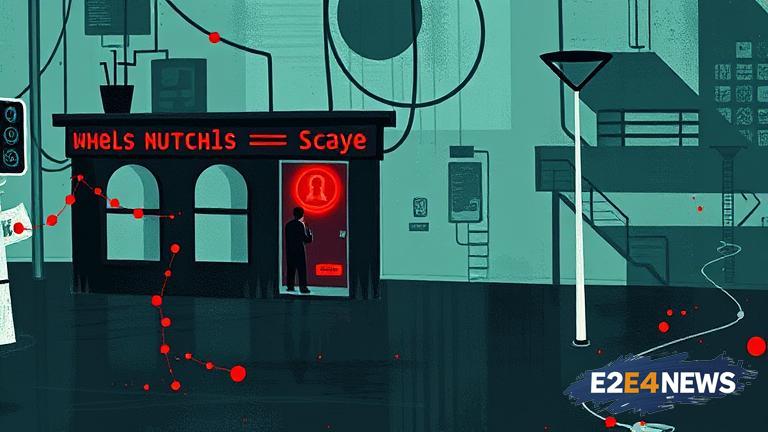In today’s digital age, cybersecurity threats are becoming increasingly common, and no business is too small to be hacked. Many small business owners believe that they are not a target for hackers, but this is a misconception. The reality is that small businesses are often targeted due to their lack of robust cybersecurity measures, making them vulnerable to attacks. According to recent statistics, over 60% of small businesses have experienced a cyber attack, resulting in significant financial losses. The most common types of cyber attacks on small businesses include phishing, ransomware, and denial-of-service attacks. Phishing attacks involve tricking employees into revealing sensitive information, such as passwords or financial data. Ransomware attacks involve encrypting a company’s data and demanding a ransom in exchange for the decryption key. Denial-of-service attacks involve overwhelming a company’s website or network with traffic, making it unavailable to users. Small businesses are often targeted because they lack the resources and expertise to implement robust cybersecurity measures. Many small businesses also have limited budgets, which can make it difficult to invest in cybersecurity. However, the cost of a cyber attack can be significant, and can even lead to business closure. In addition to financial losses, cyber attacks can also damage a company’s reputation and erode customer trust. To protect themselves from cyber attacks, small businesses should implement robust cybersecurity measures, such as firewalls, antivirus software, and encryption. They should also educate their employees on cybersecurity best practices, such as using strong passwords and being cautious when opening emails or attachments from unknown sources. Regular software updates and backups can also help to prevent cyber attacks. Furthermore, small businesses should consider investing in cybersecurity insurance, which can provide financial protection in the event of a cyber attack. It is also essential for small businesses to have an incident response plan in place, which outlines the steps to be taken in the event of a cyber attack. This plan should include procedures for containing the attack, eradicating the threat, and recovering from the attack. Small businesses should also consider working with a managed security service provider, which can provide expert cybersecurity services and support. In conclusion, no business is too small to be hacked, and small businesses must take cybersecurity seriously to protect themselves from the growing threat of cyber attacks. By implementing robust cybersecurity measures, educating employees, and having an incident response plan in place, small businesses can reduce the risk of a cyber attack and protect their sensitive data. It is essential for small businesses to be proactive and take a comprehensive approach to cybersecurity to stay ahead of the threats. The consequences of a cyber attack can be severe, and small businesses must be prepared to respond quickly and effectively. By prioritizing cybersecurity, small businesses can protect their reputation, customer trust, and financial assets. In the end, cybersecurity is an essential aspect of any business, and small businesses must take it seriously to survive in today’s digital age.
